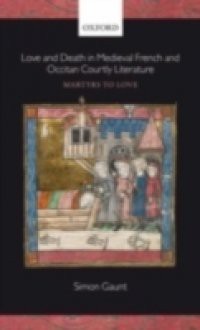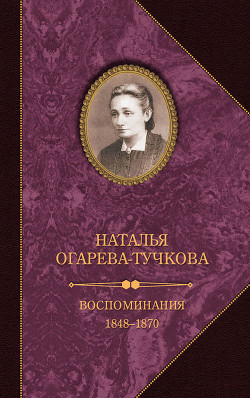Some of medieval culture's most arresting images and stories inextricably associate love and death. Thus the troubadour Jaufre Rudel dies in the arms of the countess of Tripoli, having loved her from afar without ever having seen her. Or in Marie de France's Chevrefoil, Tristan and Iseult's fatal love is hauntingly symbolized by the fatally entwined honeysuckle and hazel. And who could forget the ethereal spectacle of the Damoisele of Escalot's body carriedto Camelot on a supernatural funerary boat with a letter on her breast explaining how her unrequited love for Lancelot killed her? Medieval literature is fascinated with the idea that love may be a fatal affliction. Indeed, it is frequently suggested that true love requires sacrifice, that you must be readyto die for, from, and in love. Love, in other words, is represented, sometimes explicitly, as a form of martyrdom, a notion that is repeatedly reinforced by courtly literature's borrowing of religious vocabulary and imagery. The paradigm of the martyr to love has of course remained compelling in the early modern and modern period. This book seeks to explore what is at stake in medieval literature's preoccupation with love's martyrdom. Informed by modern theoretical approaches, particularly Lacanian psychoanalysis and Jacques Derrida's work on ethics, it offers new readings of a wide range of French and Occitan courtly texts from the twelfth and thirteenth centuries, and argues that a new secular ethics of desire emerges from courtly literature because of its fascination with death. This book also examines the interplaybetween lyric and romance in courtly literary culture and shows how courtly literature's predilection for sacrificial desire imposes a repressive sex-gender system that may then be subverted by fictional women and queers who either fail to die on cue, or who die in troublesome and disruptiveways.




 8.2 (40)
8.2 (40) 














